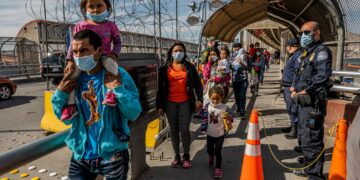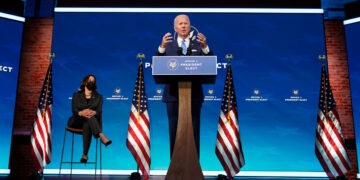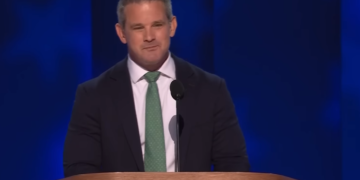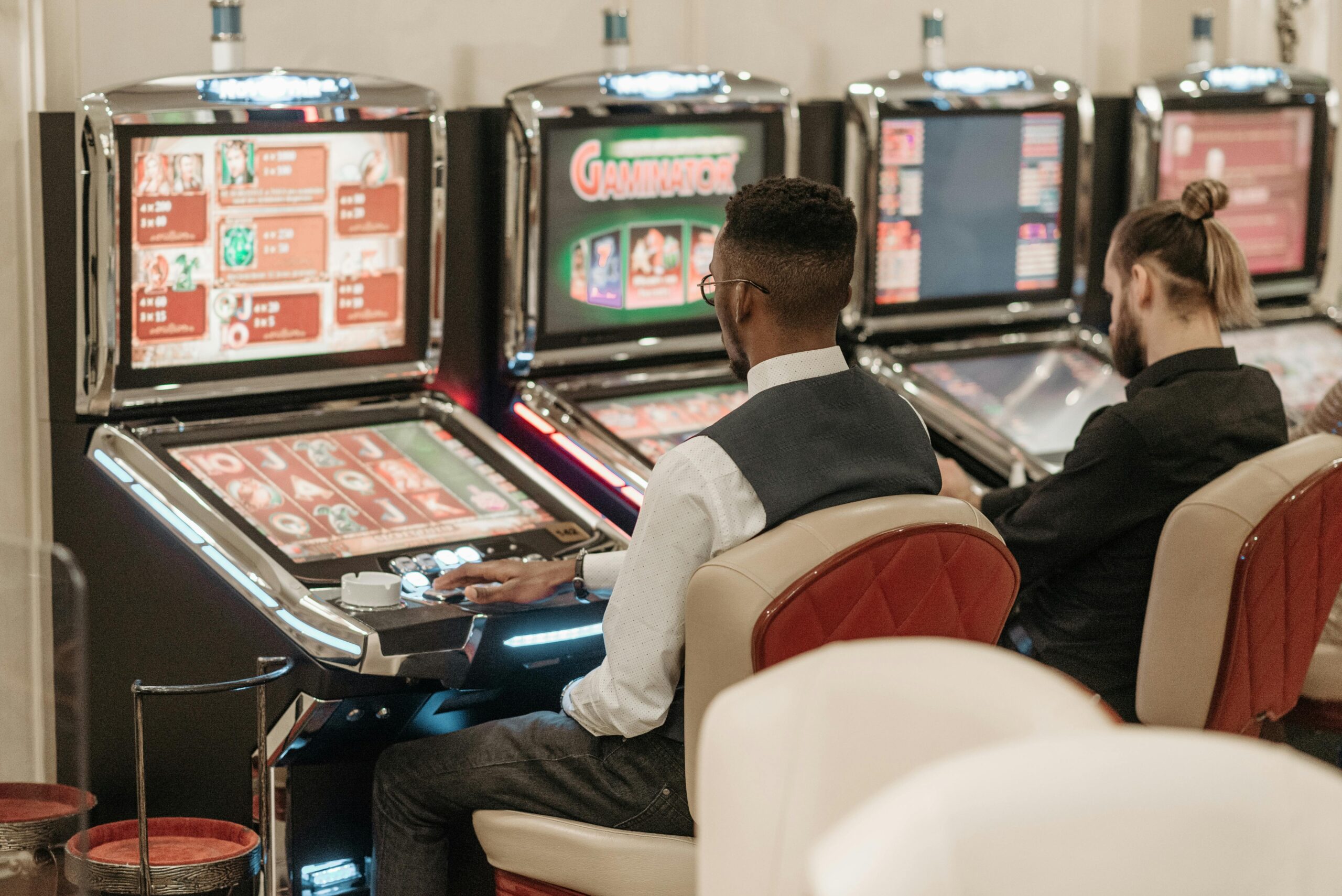This Labor Day, New Jersey workers faced a setback in their fight for smoke-free workplaces, as a judge upheld the exemption allowing Atlantic City casinos to permit smoking, despite the state’s 2006 Smoke-Free Air Act. The ruling came as a disappointment to many casino employees, who hoped the courts would prioritize their health over the interests of the casino industry.
The U.S. Surgeon General has long warned that there is no safe level of secondhand smoke, which contains at least 70 chemicals known to cause serious health issues, including cancer and heart disease. Yet, Judge Patrick J. Bartels ruled that the state’s Smoke-Free Air Act, which permits a few industries, including casinos, to allow smoking, does not infringe upon workers’ constitutional rights to safety. This decision has sparked criticism, particularly from those who argue that it favors the powerful casino industry over the well-being of its workers.
The ruling has intensified the ongoing debate about the balance between economic interests and public health. For many casino employees, the temporary ban on smoking during the COVID-19 pandemic demonstrated that a smoke-free environment is possible and beneficial. Now, with the return of smoking in casinos, workers like Nicole Vitola, a dealer at Borgata, and Beverly Quinn, a blackjack dealer at Tropicana, are renewing their calls for change, emphasizing the need for equal rights to a safe working environment.
While the legal battle continues, with an appeal to the State Supreme Court on the horizon, the issue raises broader questions about the influence of corporate interests in public policy. The fight for a smoke-free workplace in New Jersey’s casinos is not just about individual health—it’s also about ensuring that workers’ rights are respected and protected, regardless of industry pressures.



























